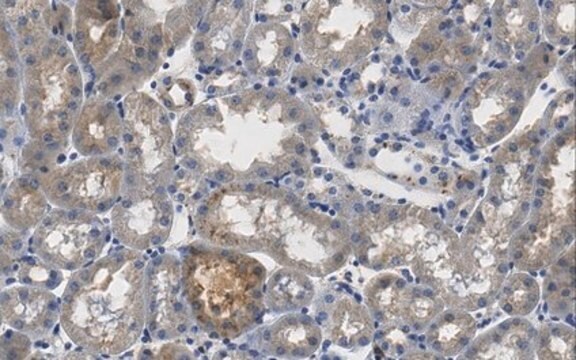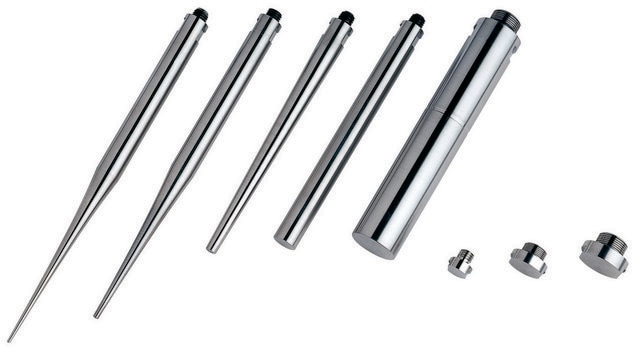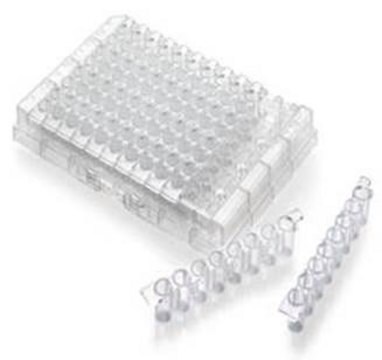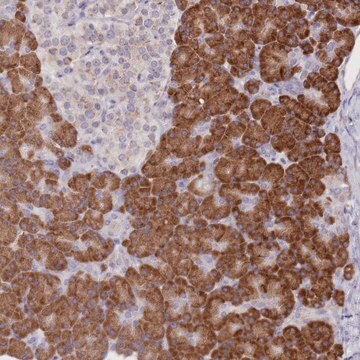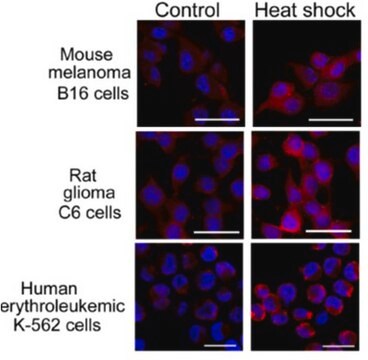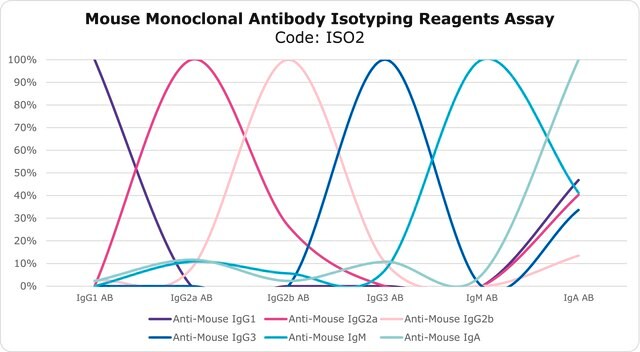MABF463
Anti-Foxp3 Antibody (mouse), FITC, clone 3G3
clone 3G3, 0.5 mg/mL, from mouse
Synonym(e):
Forkhead box protein P3, Scurfin
About This Item
Empfohlene Produkte
Biologische Quelle
mouse
Qualitätsniveau
Konjugat
FITC conjugate
Antikörperform
purified antibody
Antikörper-Produkttyp
primary antibodies
Klon
3G3, monoclonal
Speziesreaktivität
mouse
Konzentration
0.5 mg/mL
Methode(n)
flow cytometry: suitable
Isotyp
IgG1κ
UniProt-Hinterlegungsnummer
Versandbedingung
wet ice
Posttranslationale Modifikation Target
unmodified
Angaben zum Gen
mouse ... Foxp3(20371)
Verwandte Kategorien
Allgemeine Beschreibung
Immunogen
Anwendung
Entzündung & Immunologie
Qualität
Flow Cytometry Analysis: 0.015 µg of this antibody detected Foxp3 in one million C57Bl/6 splenocytes.
Physikalische Form
Lagerung und Haltbarkeit
Haftungsausschluss
Sie haben nicht das passende Produkt gefunden?
Probieren Sie unser Produkt-Auswahlhilfe. aus.
Lagerklassenschlüssel
12 - Non Combustible Liquids
WGK
nwg
Flammpunkt (°F)
Not applicable
Flammpunkt (°C)
Not applicable
Analysenzertifikate (COA)
Suchen Sie nach Analysenzertifikate (COA), indem Sie die Lot-/Chargennummer des Produkts eingeben. Lot- und Chargennummern sind auf dem Produktetikett hinter den Wörtern ‘Lot’ oder ‘Batch’ (Lot oder Charge) zu finden.
Besitzen Sie dieses Produkt bereits?
In der Dokumentenbibliothek finden Sie die Dokumentation zu den Produkten, die Sie kürzlich erworben haben.
Unser Team von Wissenschaftlern verfügt über Erfahrung in allen Forschungsbereichen einschließlich Life Science, Materialwissenschaften, chemischer Synthese, Chromatographie, Analytik und vielen mehr..
Setzen Sie sich mit dem technischen Dienst in Verbindung.